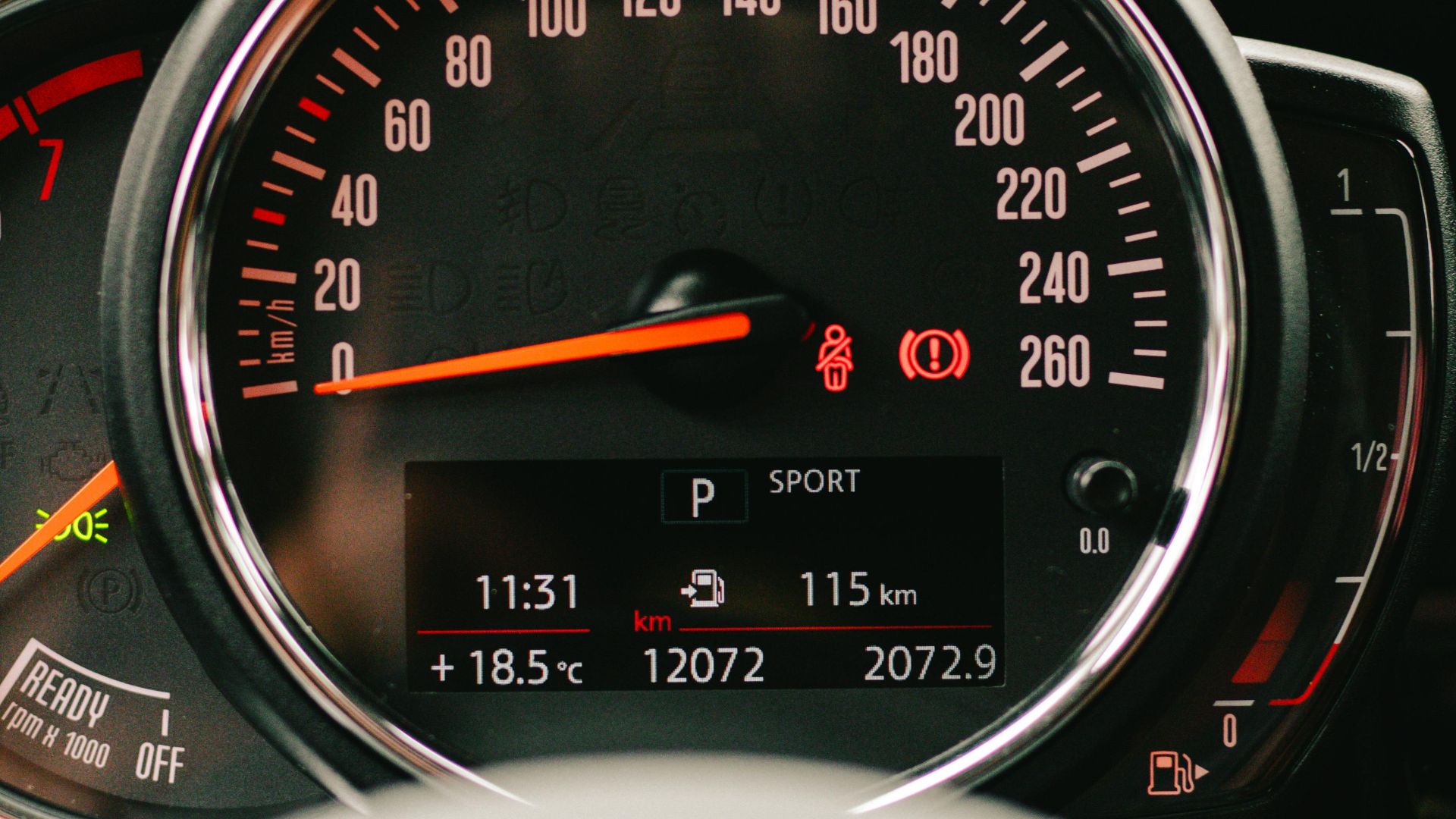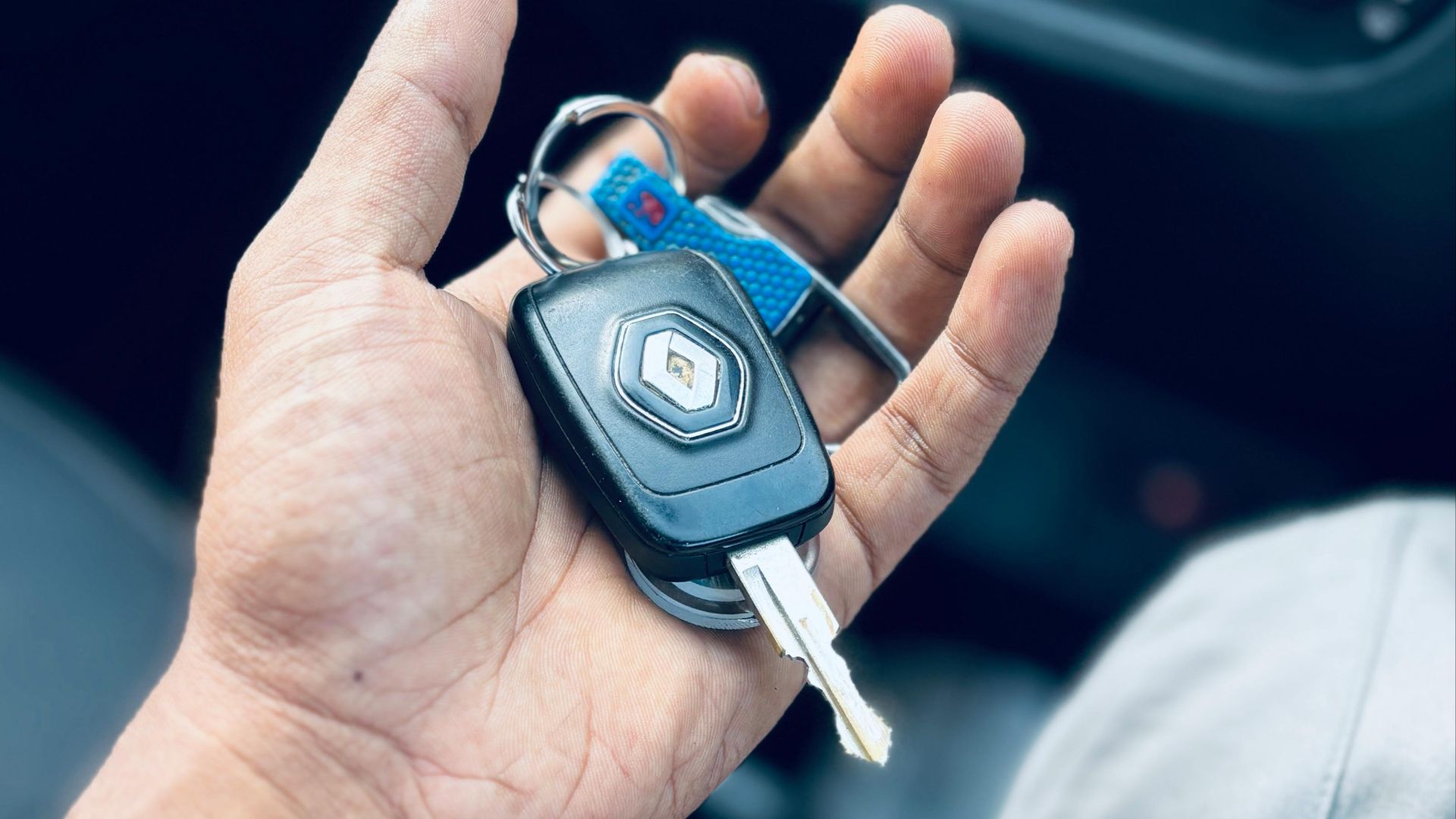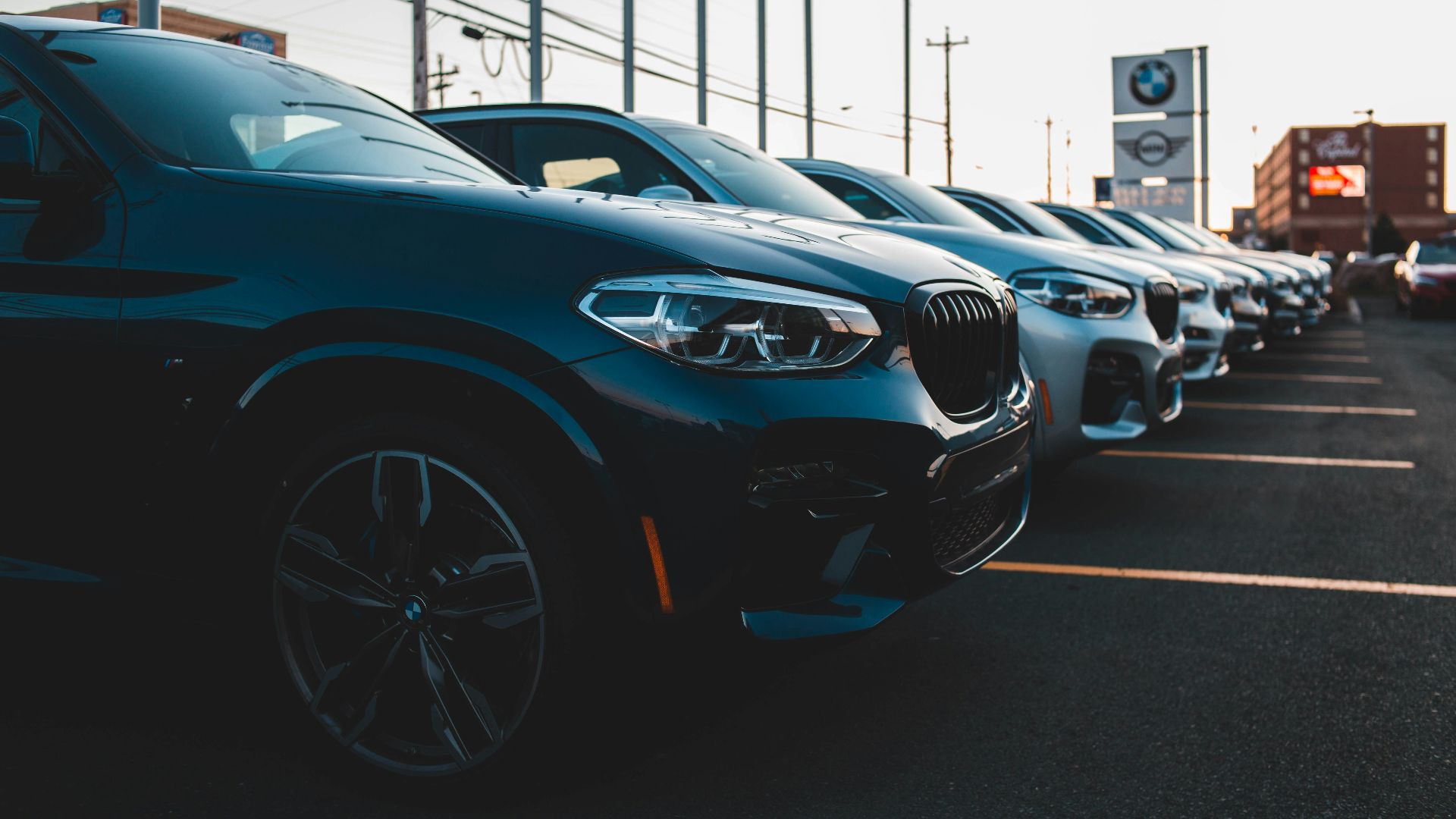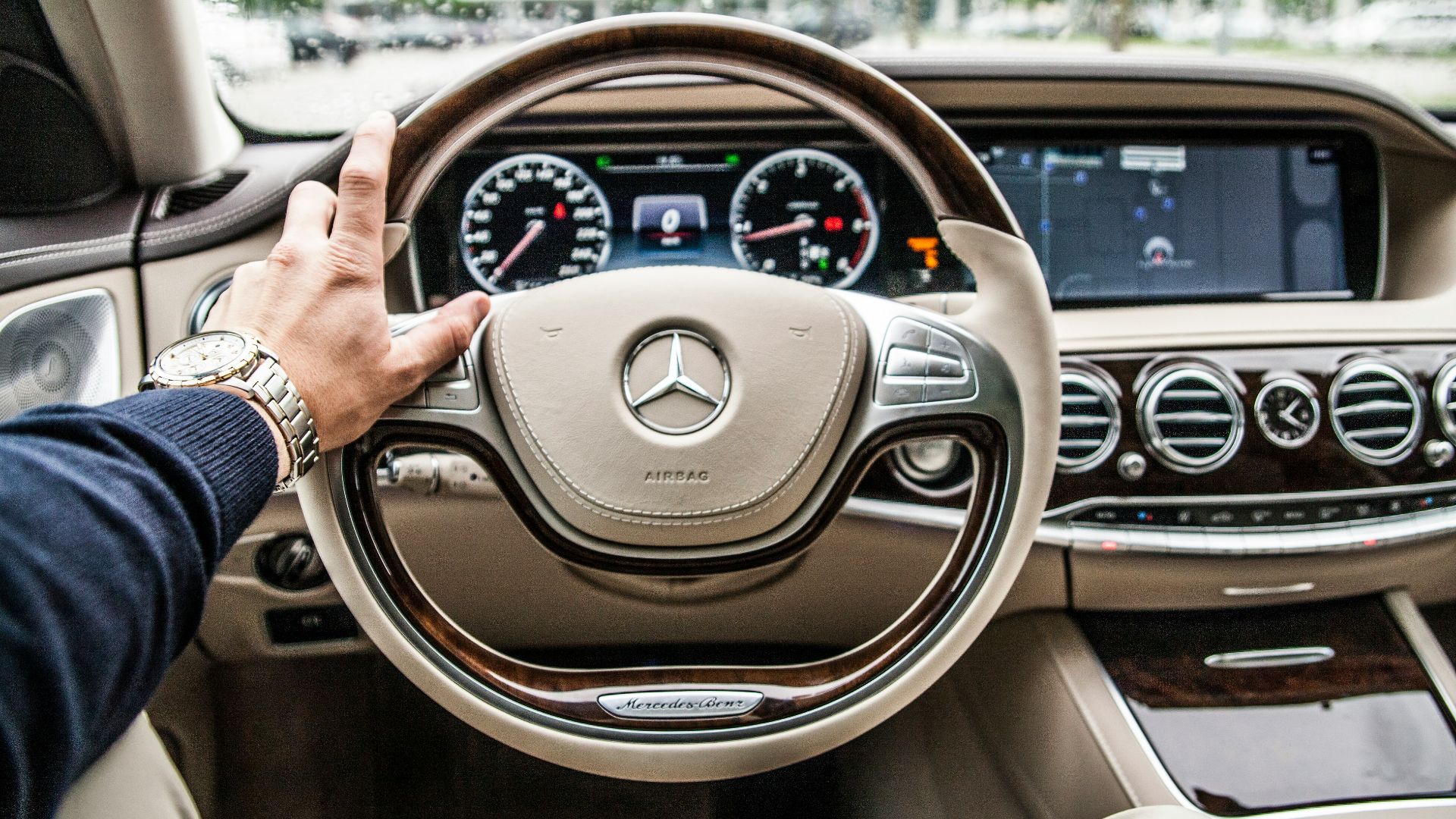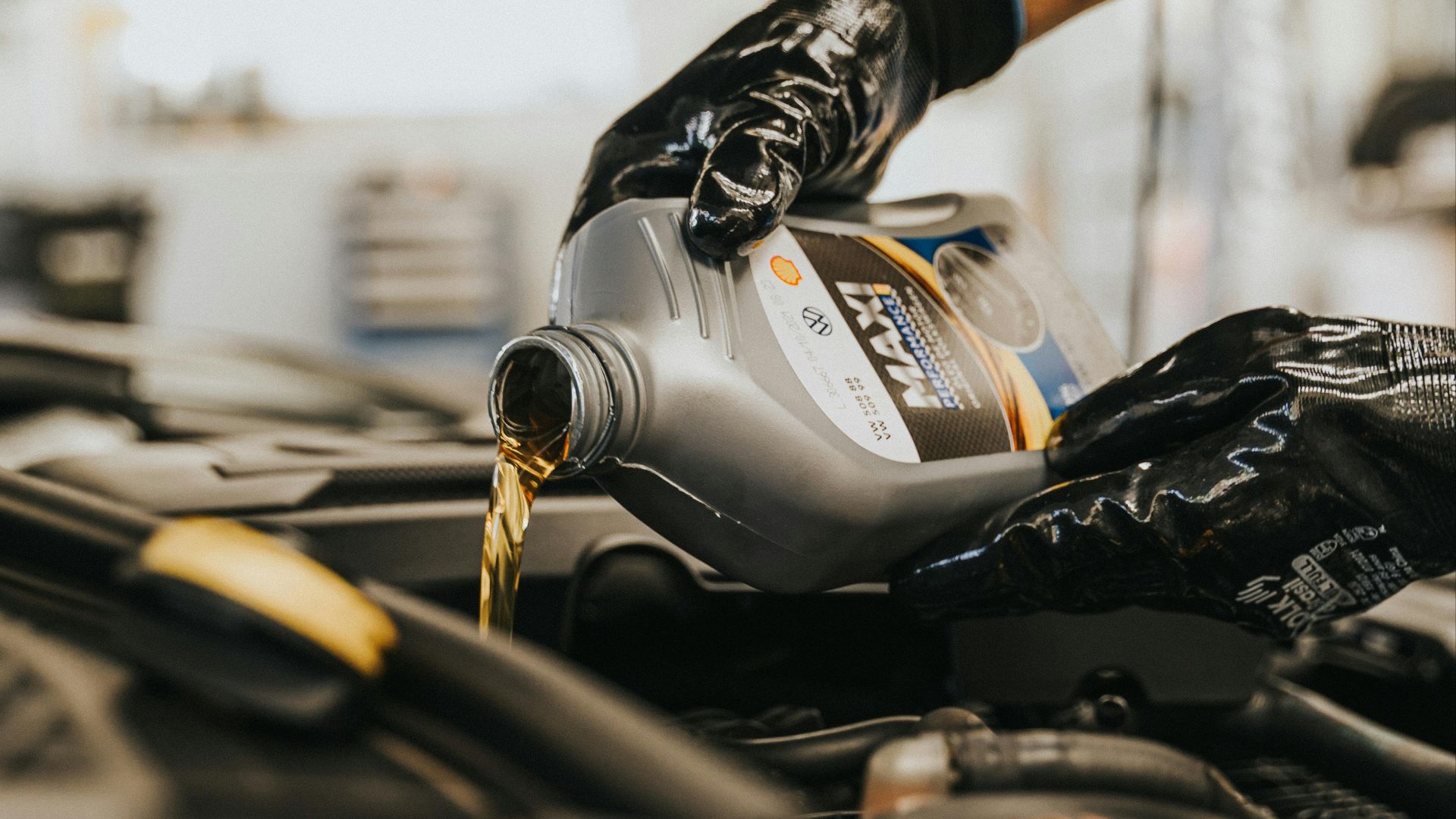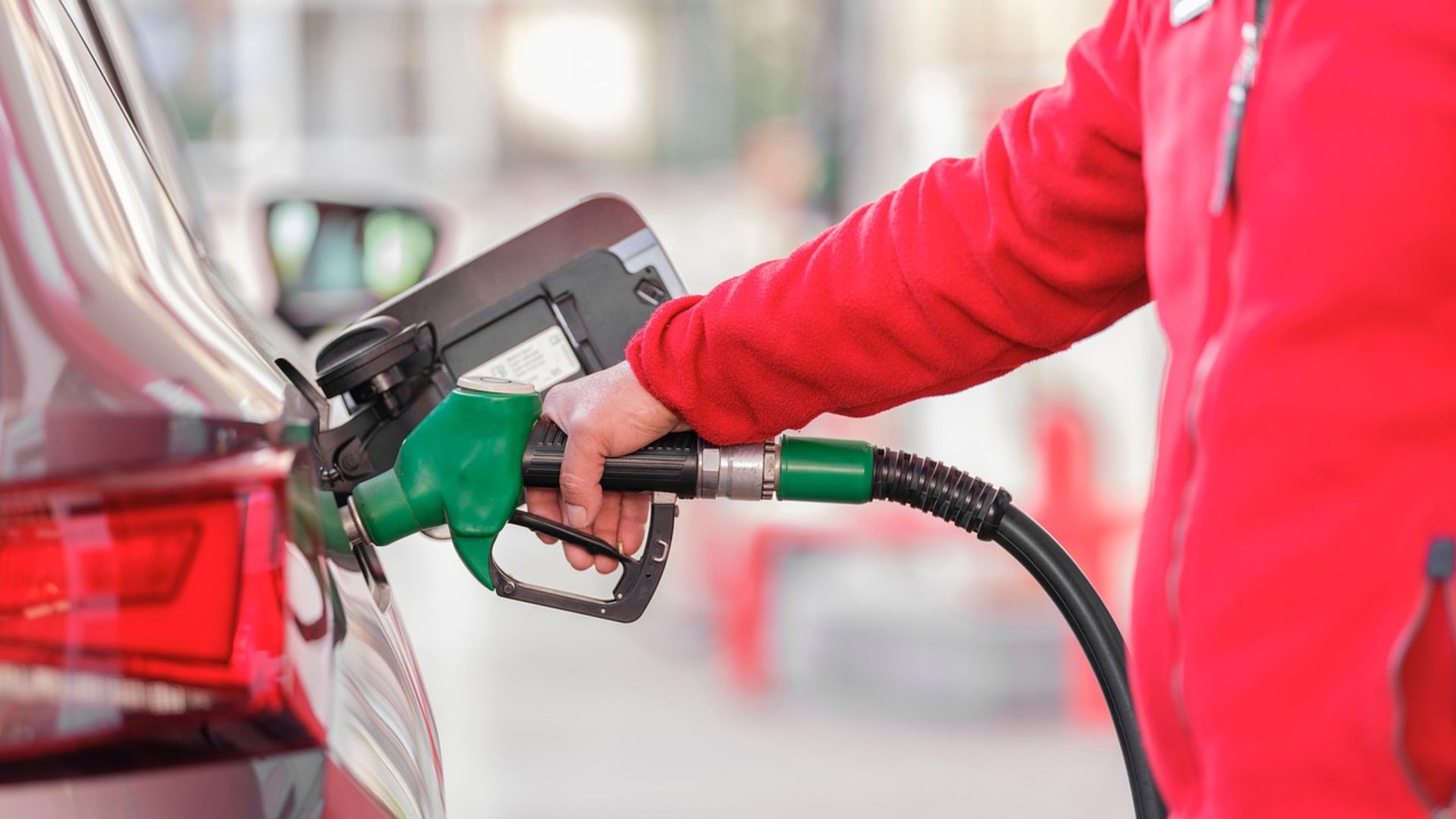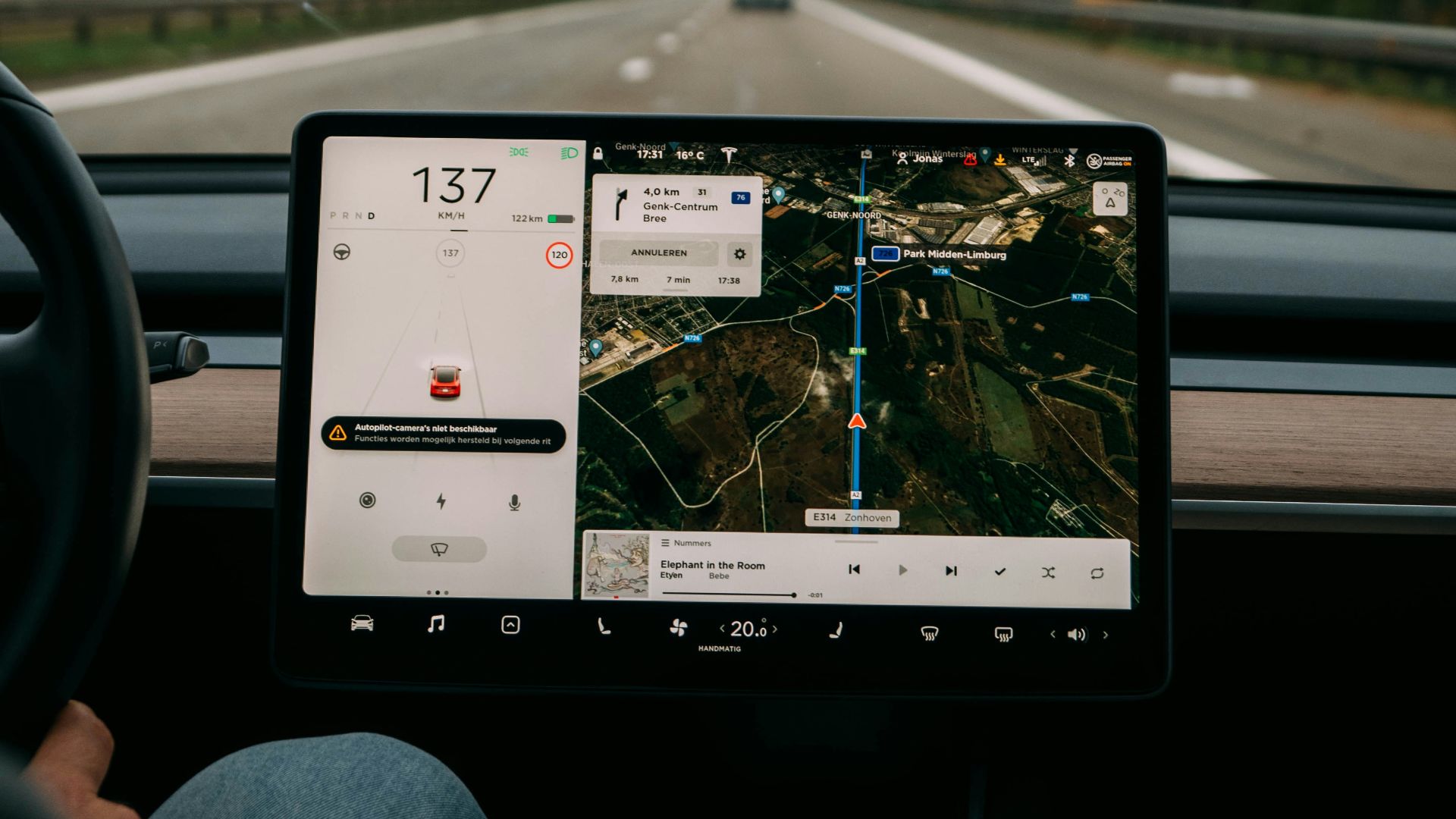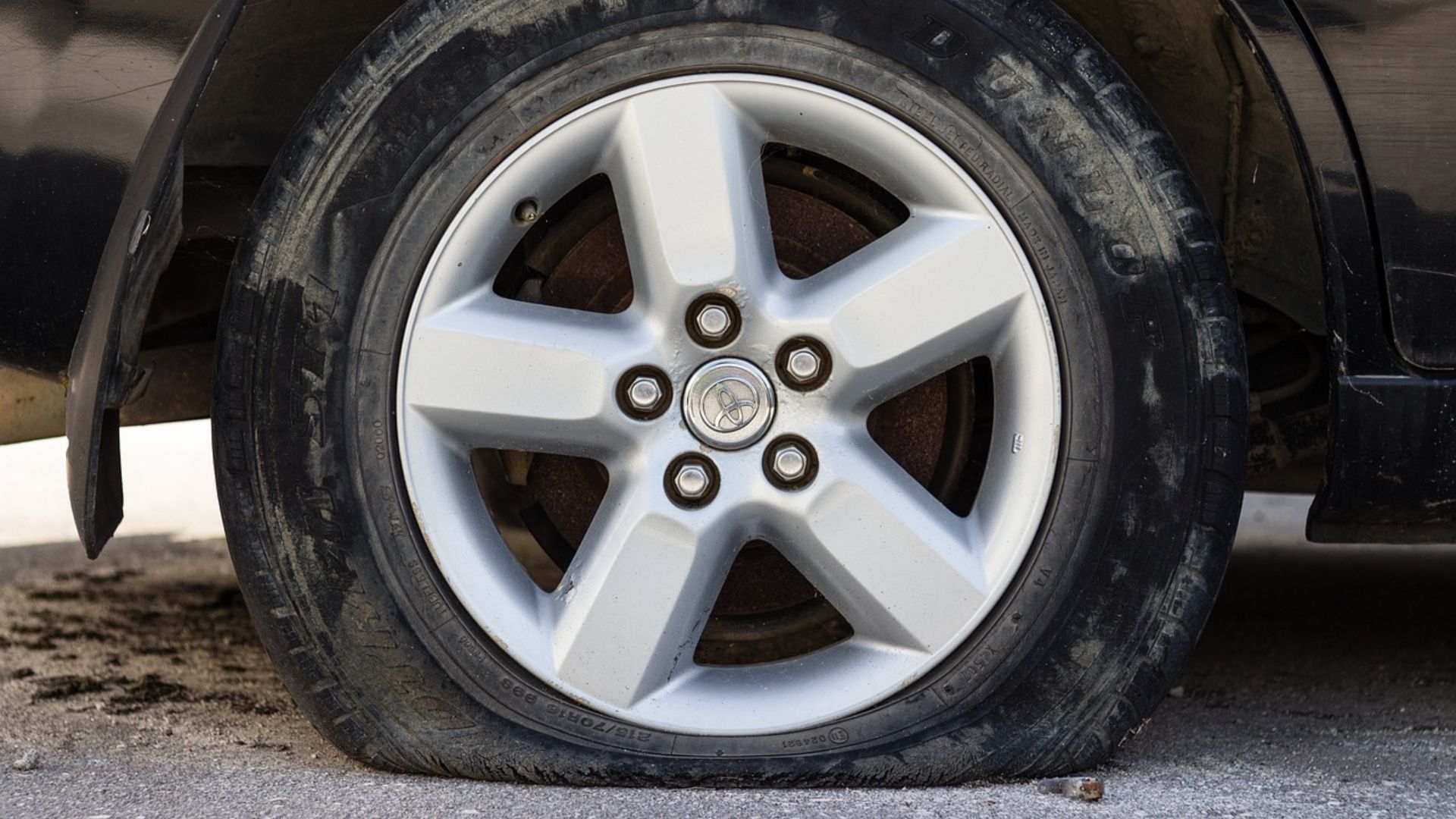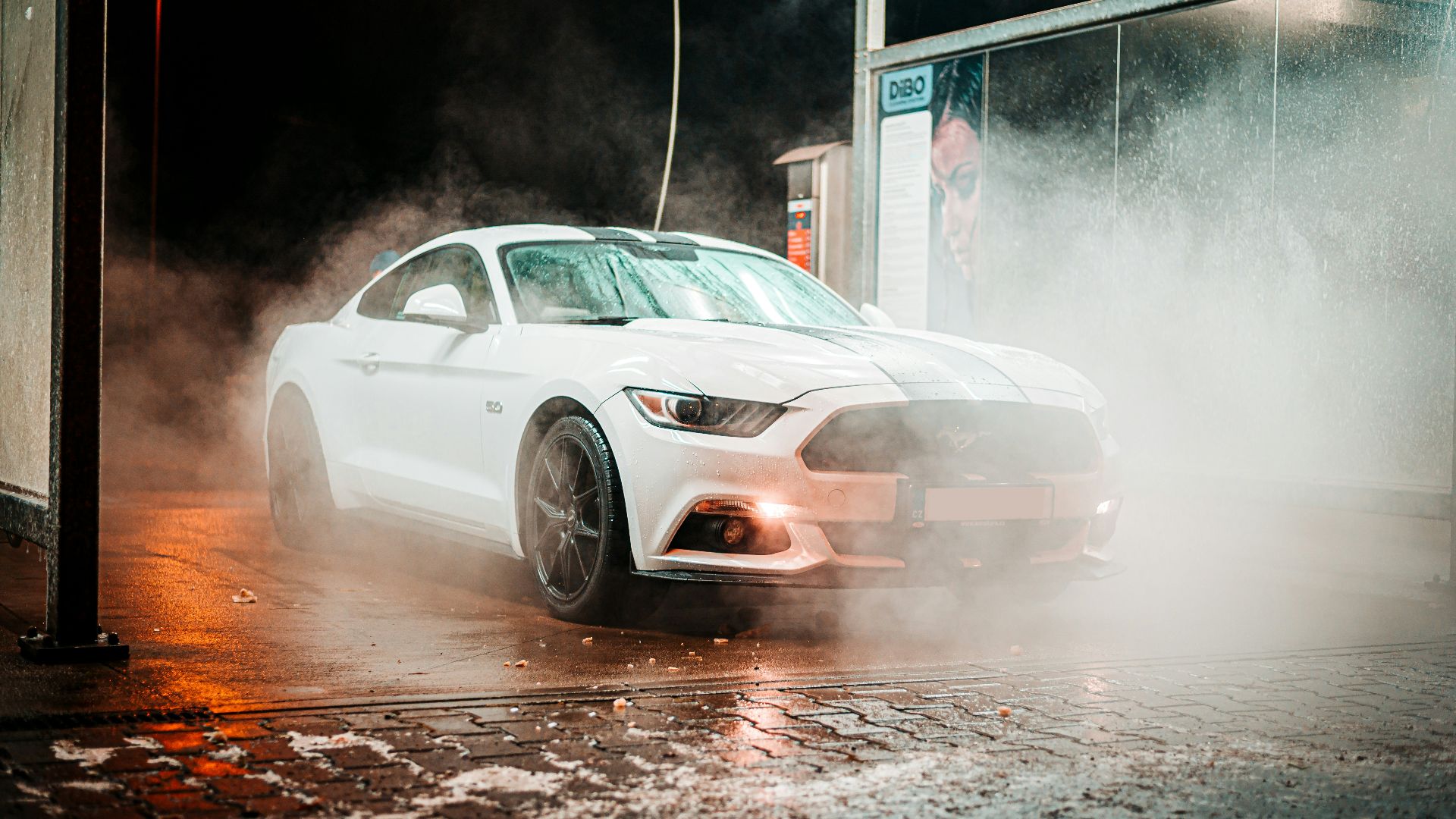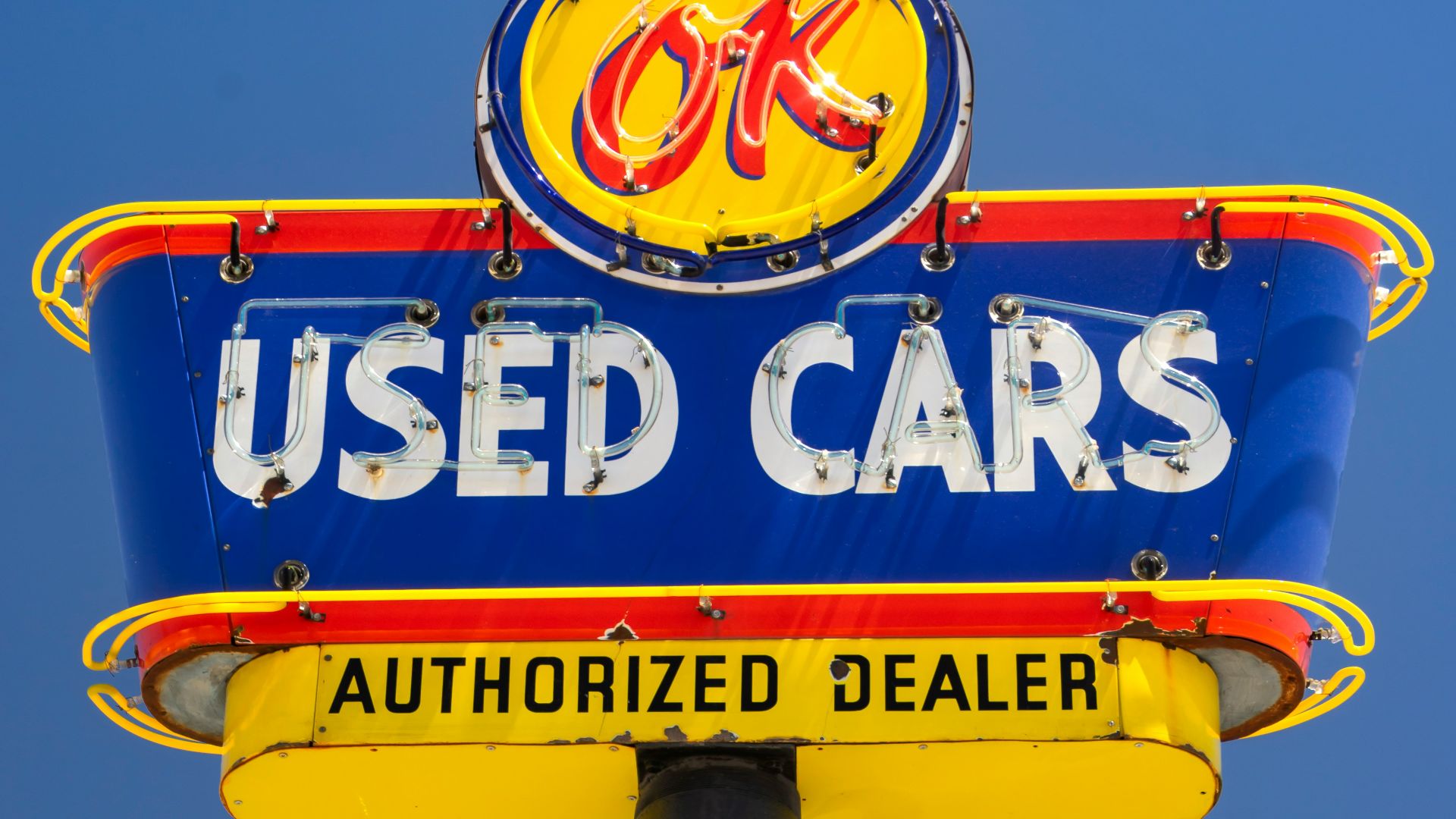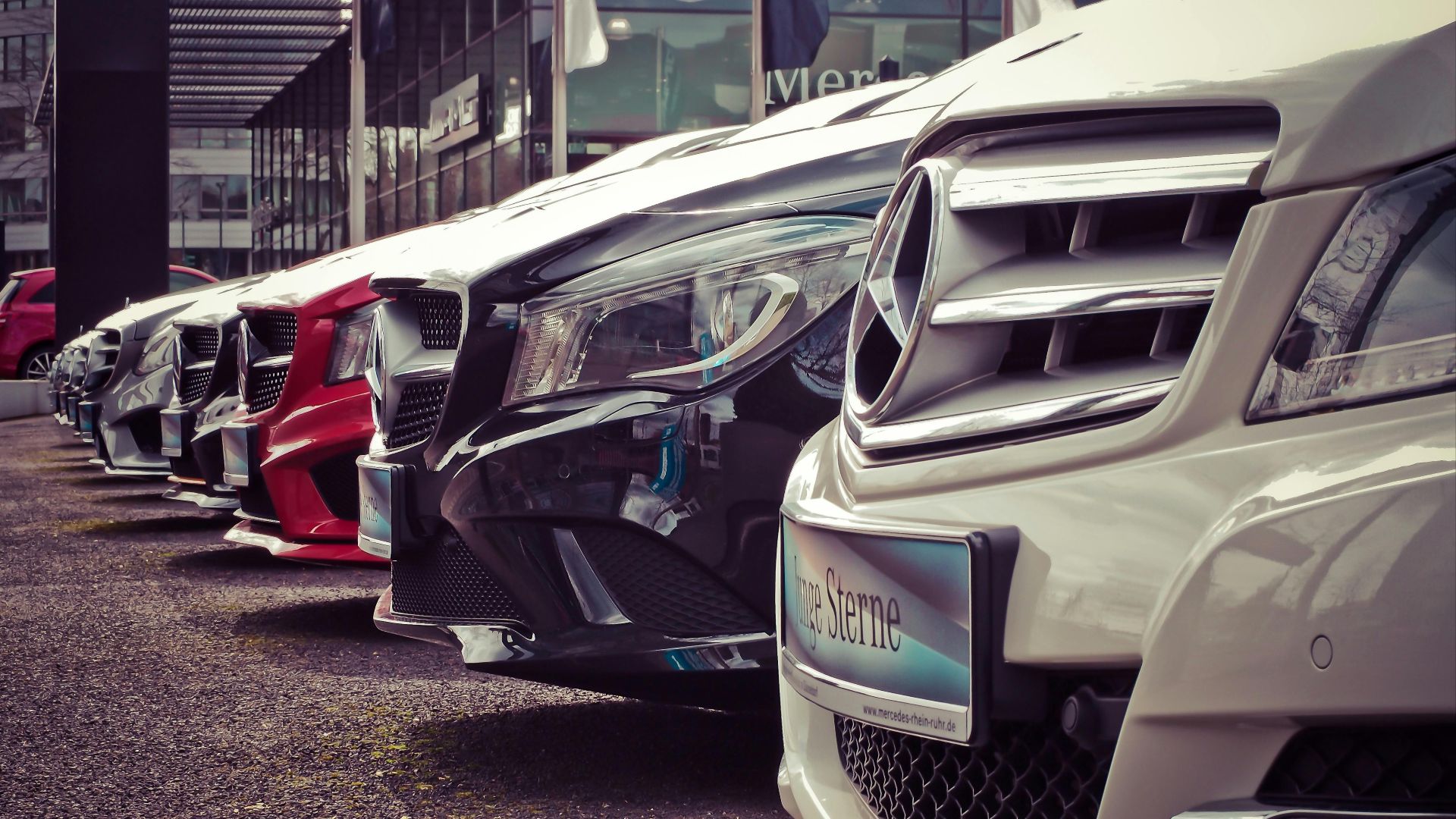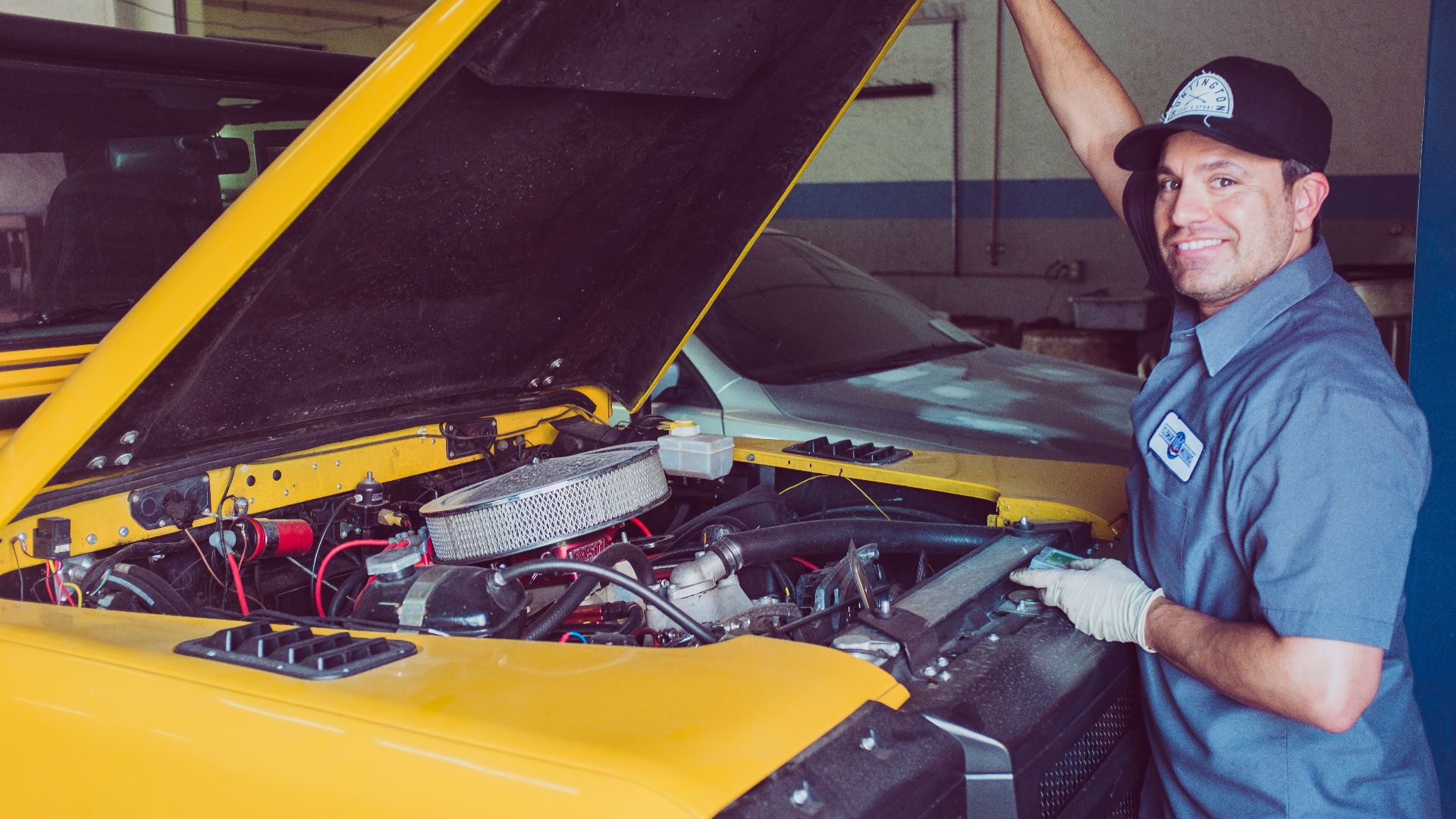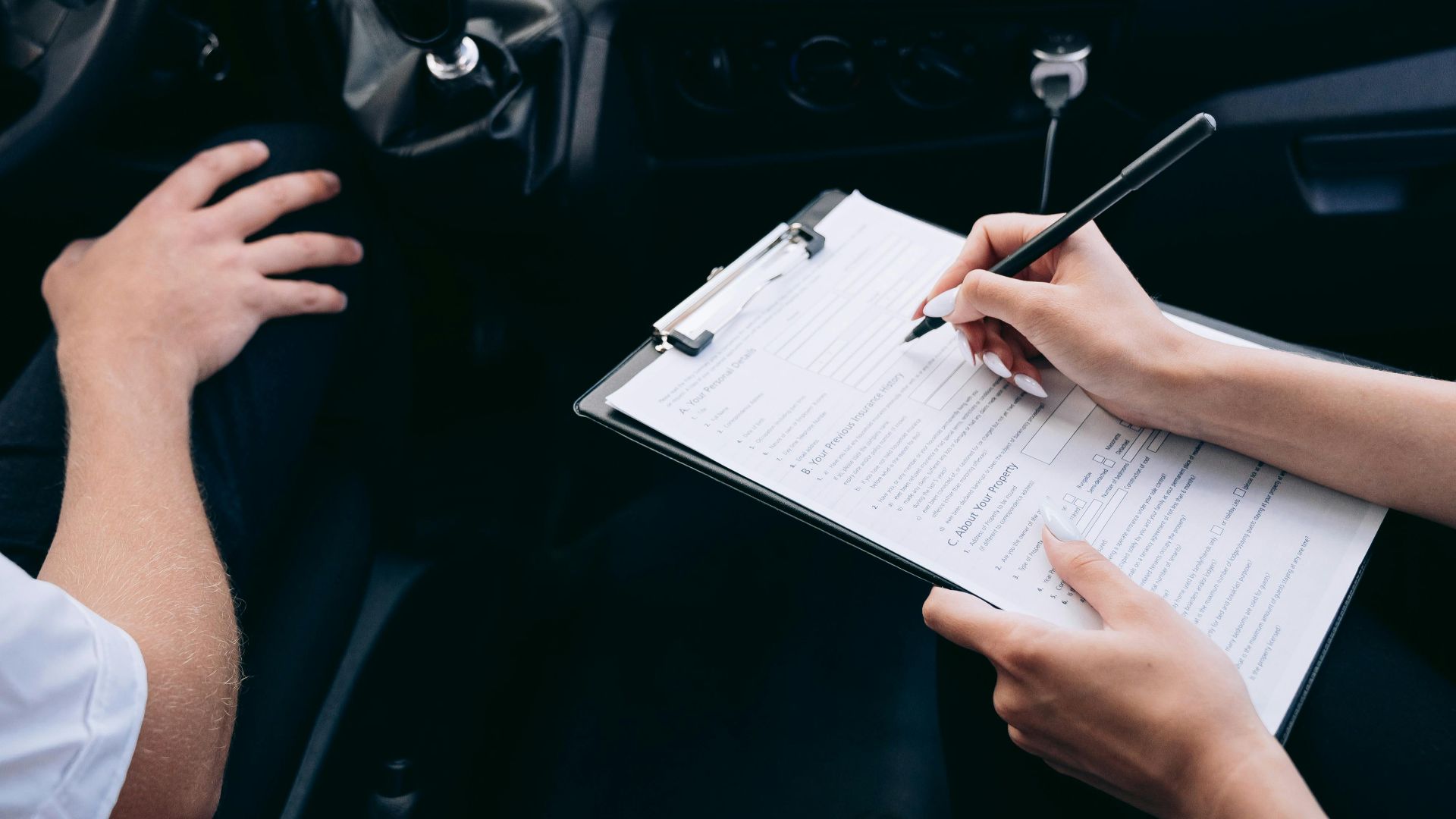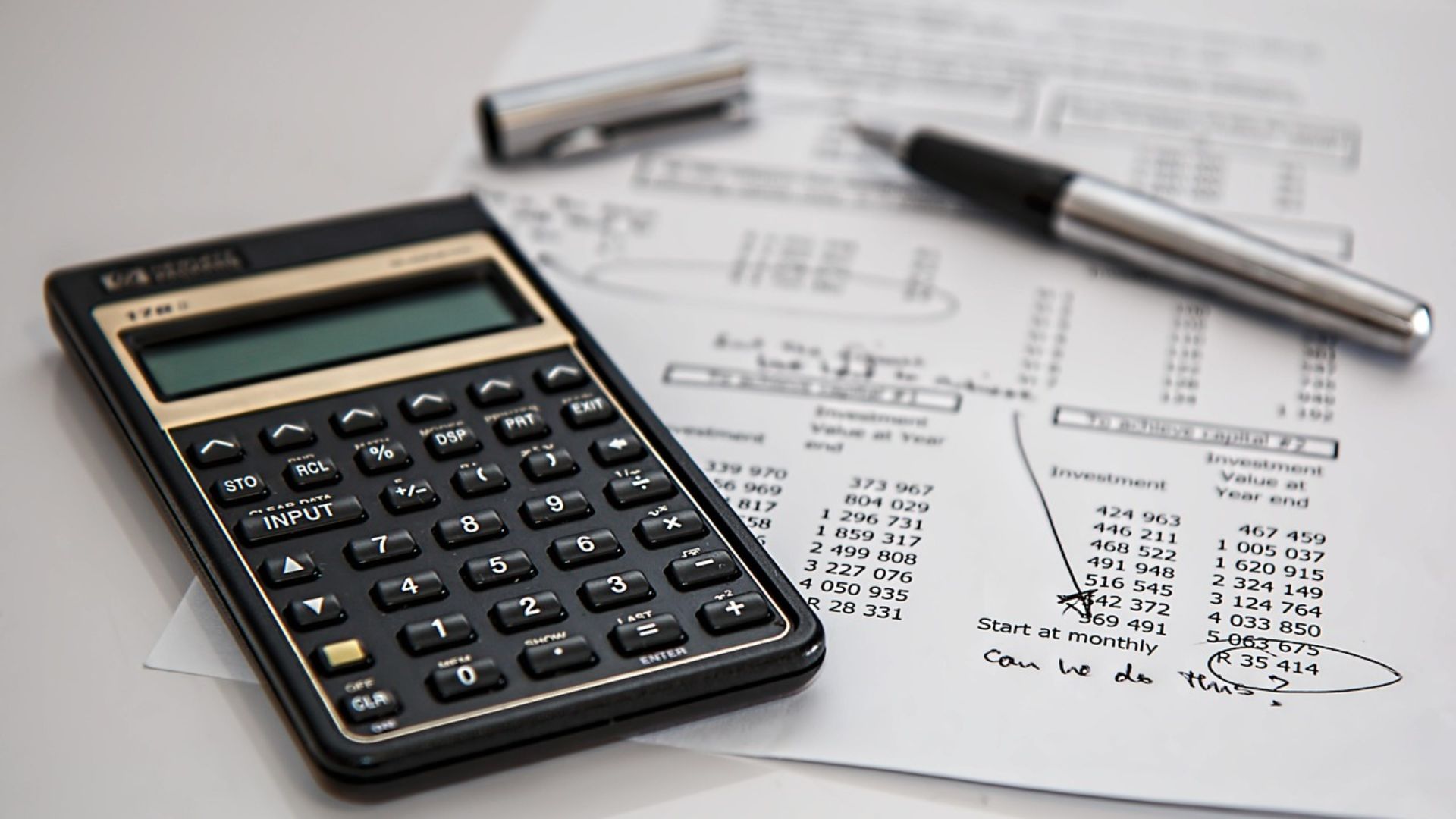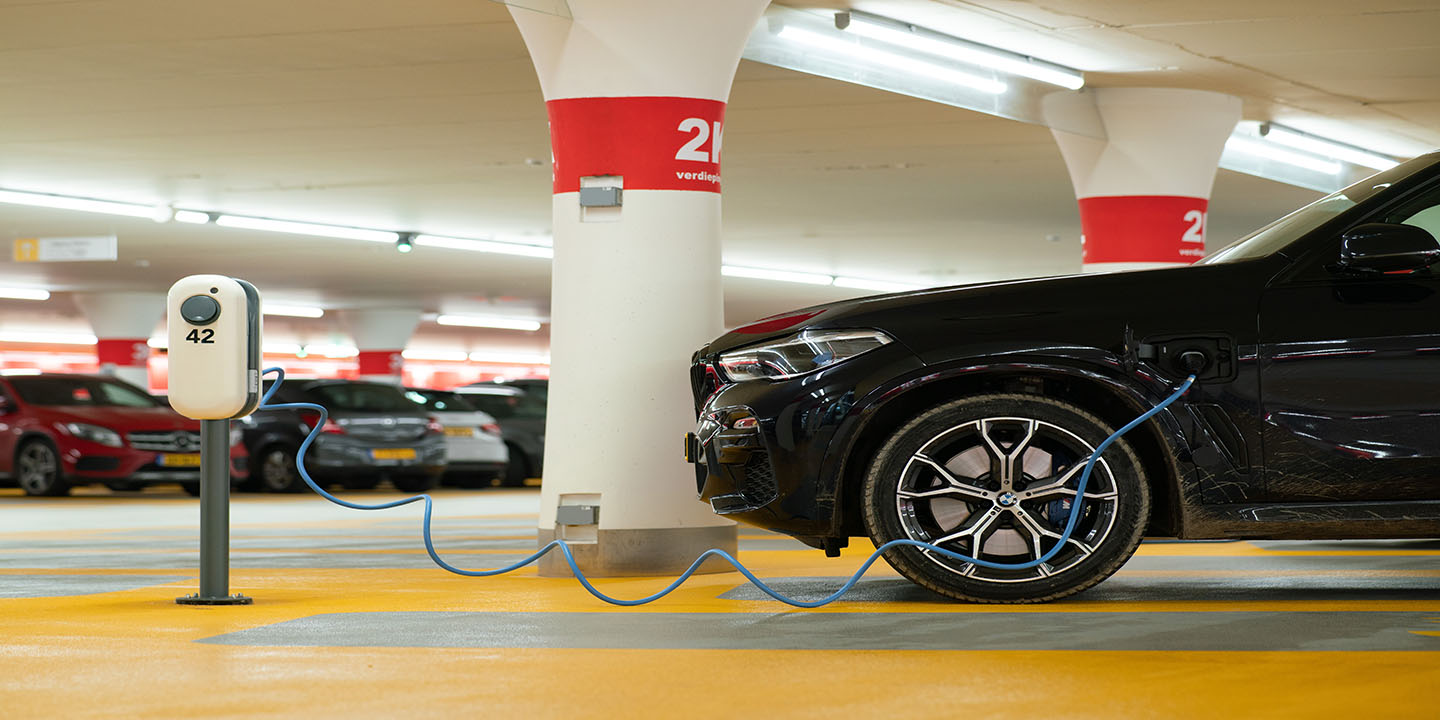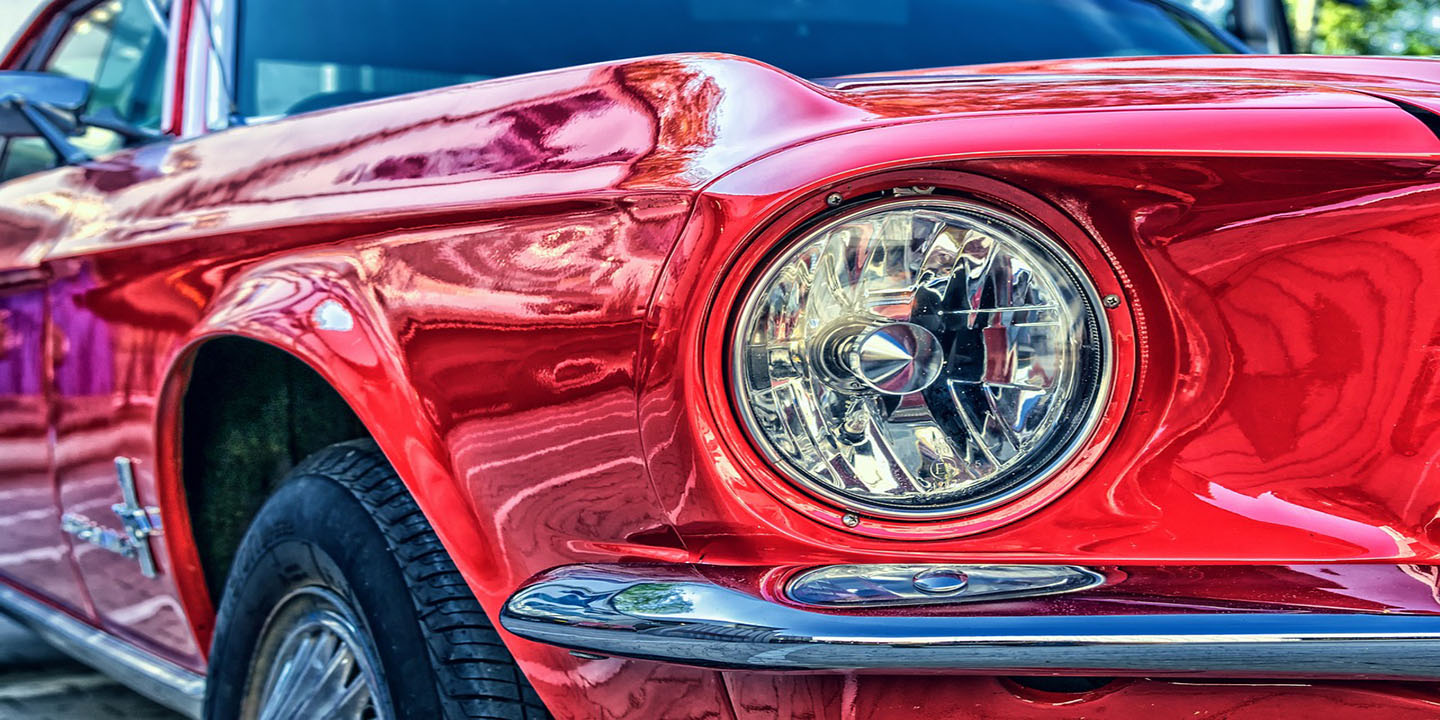Kiss Your Savings Account Goodbye
Gas prices and scheduled tune-ups are expensive enough—the last thing you want is unnecessary vehicle expenses. But many motorists spend way too much without even realizing it, so let’s explore some ways you’re likely overpaying for that car.
1. Ignoring Your Dash Lights
It’s all too easy to avoid those lights, but your dash blinks for a reason. What seems like a small problem now can easily become a giant headache later—and often a costly one. Don’t turn your back on the literal warning signs right in front of you.
2. Not Doing Any Research
There’s no reason to not research vehicles or insurance quotes beforehand. With so much available information at our fingertips, you can easily look into costs, resale value, safety features, and even dealership terminology, which can prevent you from getting swindled.
3. Getting the Wrong Vehicle
Before you splurge on that pickup truck, ask yourself if you really need it. Consider how often you drive, how far you drive, and whether you need a vehicle for larger families. Thinking ahead of time ensures you don’t waste money on an unnecessary vehicle.
4. Not Thinking About the Total Cost
There’s much more to ownership than just monthly payments. Essentials like auto insurance and gas prices matter; maintenance costs and depreciation can also cost a pretty penny. It’s worth it to look at the whole package before committing.
5. Changing Oil Too Often
While it’s a good thing to change your oil on time, you don’t want to swap it too often. Some drivers change theirs every three thousand miles but the recommended switch is done every five to seven thousand miles. It might not seem like a big price tag, but why eat the cost more often than you have to?
6. Grabbing Premium Gas for No Reason
Unless your vehicle needs premium gas, there’s no reason to opt for it over the regular stuff. Premium fuel doesn’t do your car any favors—it won’t burn cleaner or last longer, instead only costing you more for no benefits.
7. Buying Built-In Navigation Systems
Don’t worry, our navigation-challenged friends: you don’t need an expensive system to get around, a simple phone mount and cellphone will do. Splurging on a built-in GPS can cost well into the thousands, which is a pretty unnecessary cost for something you don’t ultimately need.
8. Driving With Flat Tires
Tires deserve just as much attention as the rest of our cars—after all, they’re a huge part of them! Yet every day, motorists neglect their tire pressure or drive with the wrong inflation. Properly inflated tires not only keep you safe, but they keep costs low; you won’t risk flats and you’ll put less stress on your vehicle.
9. Going Through the Car Wash
Car washes are great for lazy days and truly dirty vehicles, but they’re not a necessity. Clear skies call for a thorough wash in the driveway, which saves you a lot of money in the long run.
10. Unnecessary Modifications
It’s your car and you can do what you want! However, modifications like tinted windows or expensive sound systems come with serious price tags. If you’re looking to save some money, don’t worry about a custom spoiler.
11. Not Considering a Used Car
The word “used” gets a bad rap—it’s oftentimes thought of as somehow being “worse,” which leads many people to grab a shiny new vehicle instead. It’s one thing to have your heart on the latest model, but it’s another to neglect used cars entirely. Most of the time, you can find something well within your budget that’s still in great condition.
12. Failing to Negotiate
Dealerships are nerve-wracking enough without the haggling, but negotiation locks in a better price. Research costs beforehand to make sure you’re getting the best price. Even if negotiating isn’t your thing, you can at least walk away from a bad deal.
13. Avoiding Basic Costs
No one likes getting slapped with a ticket, let alone having to pay for it, but procrastination does more harm than good. Simple costs like tickets, license plates, and sticker renewals are best taken care of immediately lest you pay a hefty fine afterward.
14. Putting Off Routine Maintenance
Many drivers treat their cars like they treat themselves—everything seems fine, so I’ll skip my annual appointment. Avoid this behavior! Vehicles need a check-in once every year or two. Scheduled maintenance not only keeps you safe but also tackles any issues head-on.
15. Reckless Driving Habits
Some drivers put more strain on their cars than they realize. From driving over potholes to slamming the brakes, that kind of wear and tear wreaks havoc on your car. So, don’t be surprised to see higher mechanic fees or even a need to replace parts.
16. Not Getting a Vehicle History Report
If you’re buying a used car, you need a vehicle history report. They offer insight into everything from previous owners to past accidents, and that kind of information can save you money down the line. Maintenance and repair history also alerts you to any underlying conditions.
17. Ignoring Insurance Discounts
Your insurance provider likely has dozens of incentives in place, all designed to help you pay less. Whether it’s bundling your home and auto or setting up automatic payments, take advantage of those discounts.
18. Forgoing the Pre-Purchase Inspection
PPIs don’t always seem necessary, especially with used vehicles, but those inspections can make or break your decision. A detailed inspection lets you know exactly what you’ve paid for (or plan to pay for) and offers peace of mind down the road. The last thing you want is to find out you’ve been sold a lemon.
19. You Don’t Do Simple Tasks at Home
While you shouldn’t tinker with your vehicle willy-nilly, simple at-home fixes like wiper blade replacement and air filter changes can be done at home. Though it’s a little daunting, you should also know how to change flat tires. Tackling jobs on your own saves quite the bill down the road.
20. Not Refinancing When You Should
Has your credit score improved? What about your overall financial situation? Have the rates changed? These are all questions to ask yourself before refinancing. Remember: there’s a right time and a wrong time to tweak your loan, but getting in at the right time can save you serious dough.



